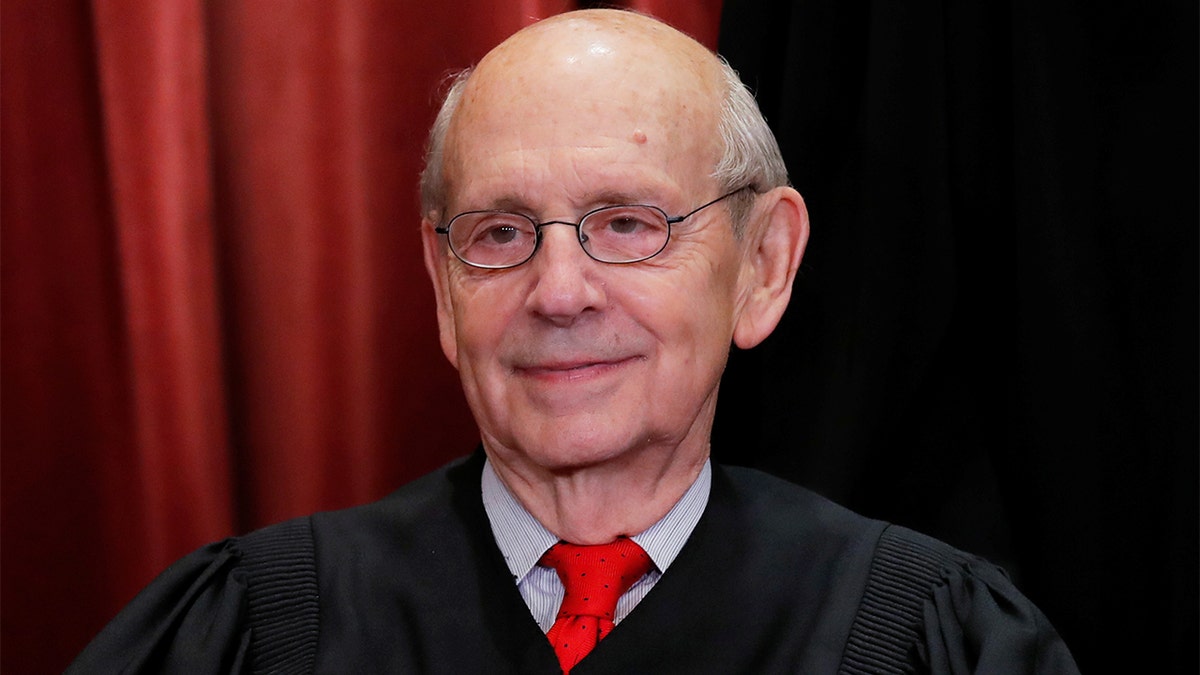Supreme Court sides with Colorado church over state coronavirus restrictions
High Plains Harvest Church pastor Mark Hotaling joins Leland Vittert on ‘America’s News HQ.’
Supreme Court Justice Stephen Breyer indicated that he does not plan on remaining on the bench for the rest of his life and will retire at some point.
Justices enjoy lifetime appointments, and while some like Justices Antonin Scalia and Ruth Bader Ginsburg have remained on the court until their passing, others like Justice Anthony Kennedy have called it quits early. In an interview with Slate, Breyer said he looks to be among the latter.
"I mean, eventually I’ll retire, sure I will," Breyer said while noting that "it’s hard to know exactly when."
Breyer described how this year has posed challenges for him as a result of the coronavirus pandemic. The Supreme Court continued to hear and decide cases, but conducted oral arguments via conference call as the justices remained at home.
JUSTICE GORSUCH SAYS KENTUCKY GOVERNOR SHOULD FACE JUDICIAL REVIEW ON RELIGIOUS SCHOOLS CASE
"The thing that makes that difficult is we’re doing our normal court work," Breyer said about his time at home. "In fact, COVID cases come along, and there are a few more of them that we have to decide quickly. We have a telephone that is secure. And we do our oral arguments. People have to listen harder and be more direct in their questioning—that’s all good. But all of that takes time, and we have to write opinions."

U.S. Supreme Court Associate Justice Stephen Breyer is seen during a group portrait session for the new full court at the Supreme Court in Washington, Nov. 30, 2018. REUTERS/Jim Young
A retirement in the near future would allow President-elect Joe Biden the nominate Breyer's replacement, ensuring the ability to replace the liberal jurist with a like-minded successor.
CLICK HERE TO GET THE FOX NEWS APP
Earlier this year, rumors abounded that conservative Justices Clarence Thomas and Samuel Alito were considering retirement. The departure of one or both of them from the Supreme Court during Biden's administration would allow Democrats to chip away or overtake the high court's current conservative majority.















































